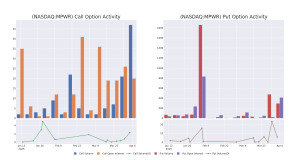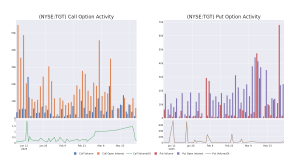Listen and subscribe to Opening Bid on Apple Podcasts, Spotify, Amazon Music, YouTube, or wherever you find your favorite podcasts.
Nvidia (NVDA) is regarded as one of the fundamentally strongest semiconductor names in the game today.
But the action in the stock this year continues to defy that widely held Wall Street view on the chip giant. Nvidia stock is down 12% year to date, a far cry from the 171% advance posted in 2024.
“In the last few years, there was a lot of money chasing some of these large-cap stocks, including Nvidia, both institutional and retail, whereas a lot of money was taken out of international markets,” Bank of America semiconductor analyst Vivek Arya said on Yahoo Finance’s Opening Bid podcast (see video above or listen below). “So I think some of that positioning sentiment is getting derisked at the start of the year.”
Arya — who has been covering Nvidia for more than a decade — says investors have rotated out “Magnificent Seven” momentum names and into international markets for better-perceived values.
“I think the fluff has been taken out [of Nvidia],” Arya added. “Because of the policy changes here [in the United States], that really impacts this global sector. So I think as the policy starts to stabilize, I think the positioning will start to come back in these [semiconductor] names. But the profitability and the fundamentals are exceptionally strong.”
Arya has a Buy rating on Nvidia with a $200 price target, which assumes about 68% upside from current levels. The average sell-side analyst price target on Nvidia is $171, according to Yahoo Finance data.
Nvidia has done its part to put the fluff back into its stock, pulling off another impressive annual GTC event last week from a product perspective.
Watch: What Bill Gates thinks about Jensen Huang
There were lots of details on powerful new AI chips, such as Blackwell Ultra and Vera Rubin, which could power the inference models that unleash AI into a new stratosphere.
Nvidia co-founder and CEO Jensen Huang dropped a host of big numbers around artificial intelligence’s potential. None were bigger than his prediction that Nvidia’s data center infrastructure revenue will hit $1 trillion by 2028.
The company even took some wraps off a future AI chip called Feynman, set to drop in 2028.
By the end of the presentation, Huang had displayed Nvidia’s full product roadmap through 2028 — an impressive feat given how much innovation the company has done on AI chips in the past two years alone.



